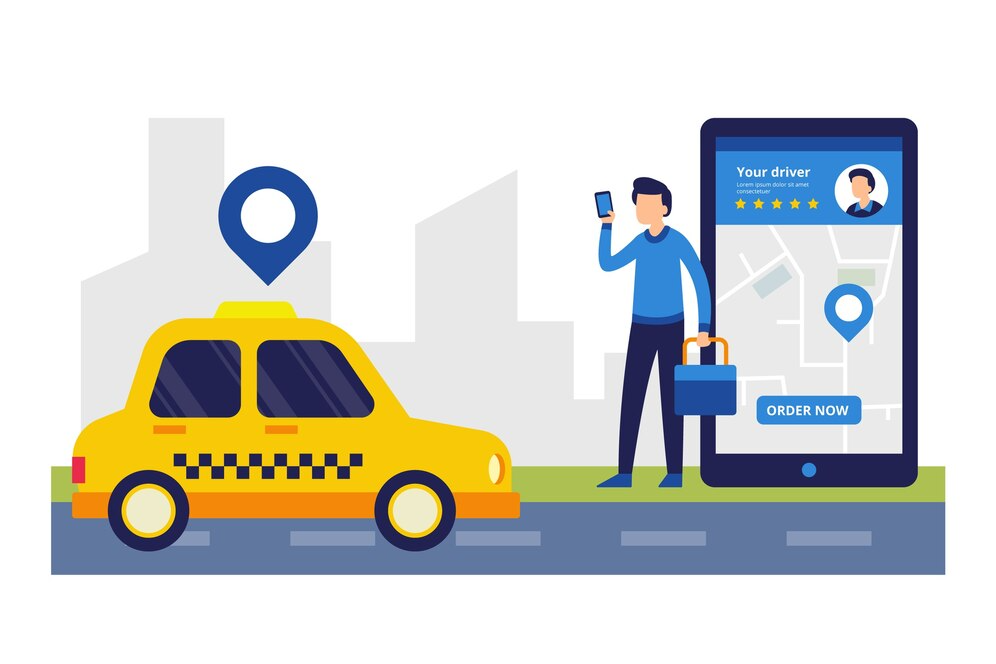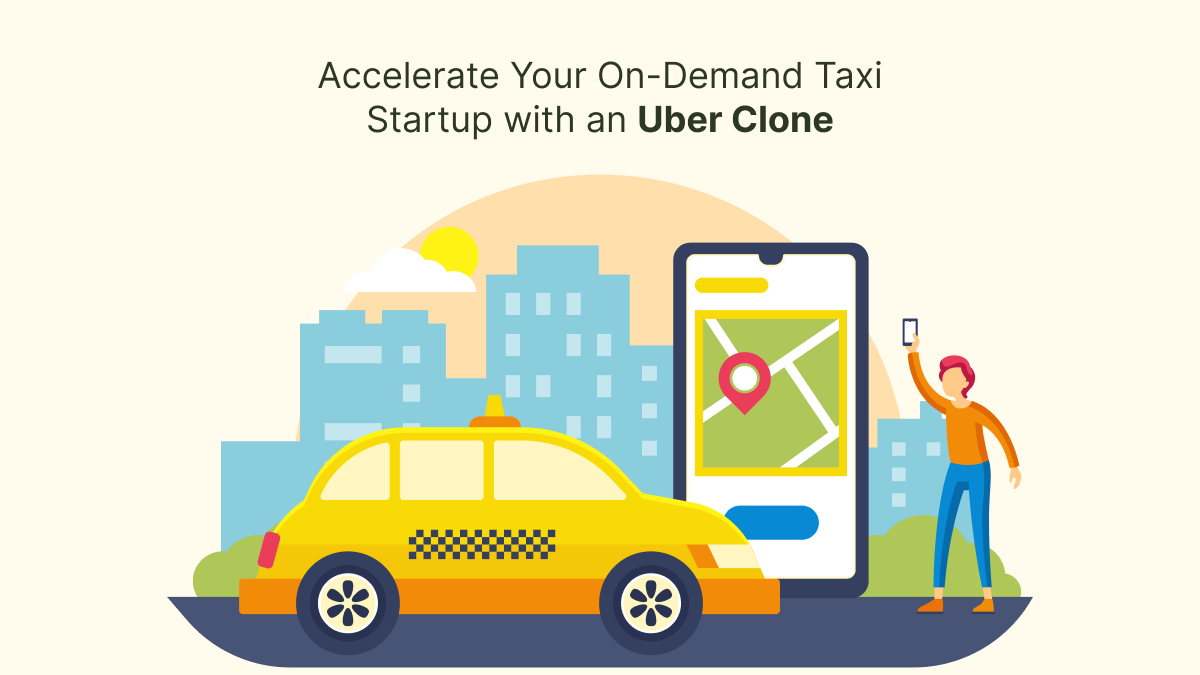How Do Taxi Booking Apps in South Africa Compare in Terms of Pricing?

Strong 8k brings an ultra-HD IPTV experience to your living room and your pocket.
The popularity of taxi booking apps in South Africa is on the rise as more people rely on convenient, safe, and accessible transportation options. One key factor influencing the choice of a taxi booking app is pricing. Although taxi apps in South Africa offer similar functionalities, the way they structure their pricing can vary significantly. This article explores how these apps generally approach pricing, the factors that affect fare costs, and the different pricing models available in the South African market.
Understanding Pricing Structures in South African Taxi Apps
Base Fare and Price per Kilometer
Most taxi apps use a combination of a base fare and a per-kilometer rate as their primary pricing structure. The base fare typically covers the initial cost of the trip, and it varies depending on the app and city. After the base fare, there is a distance-based fee, which is charged per kilometer traveled. This means that for longer trips, the total cost will be proportionally higher, though the actual rate per kilometer may differ from app to app.
Time-Based Charges
In addition to distance, many taxi booking apps include a time-based fee in their pricing model. This rate per minute typically accounts for the duration of the trip and can vary depending on traffic conditions, time of day, and location. When rides are slow-moving due to traffic congestion, or during peak hours, the time-based charge can have a significant impact on the total fare. For instance, trips taken during rush hours or in heavy traffic areas may cost more due to the additional time-based charges.
Factors Influencing Pricing in South African Taxi Apps
Surge Pricing and Peak Demand Charges
One of the biggest price modifiers in taxi booking apps is surge pricing. Surge pricing is a common feature in South African taxi apps that increases fare costs during times of high demand, such as peak hours or special events. When there are more passengers than available drivers, the cost per ride rises to balance demand and supply. For example, prices may rise during peak commute times, around major events, or in heavily trafficked areas. Though surge pricing may make fares temporarily higher, it helps ensure that drivers remain available when needed.
Regional Differences and Local Regulations
In South Africa, pricing can also vary by city or region due to differing regulations and local economic factors. For instance, some cities have higher base fares due to regulatory requirements, while others may have a reduced per-kilometer rate to remain competitive. Additionally, some regions may impose regulatory fees that affect the total cost for customers. Each city’s regulatory environment impacts fare structures, so a ride in one part of South Africa may be priced differently than a similar ride in another.
Distance-Based Discounts for Longer Trips
Some taxi apps offer discounted rates on long-distance trips to make them more attractive to customers. By reducing the per-kilometer rate after a certain distance, these apps encourage users to book longer rides, making travel between distant cities or regions more affordable. These distance-based discounts vary from one app to another and are generally indicated to users when booking.
Comparing Different Pricing Models
Fixed Rate vs. Variable Pricing
While many taxi booking apps use variable pricing, which includes factors like distance, time, and surge rates, some also offer fixed-rate options. Fixed-rate pricing allows users to lock in a specific fare before the journey starts. This model is particularly useful for trips to airports or other common destinations where users value the predictability of a guaranteed price. However, this pricing model may come with certain limitations, such as restricted coverage to specific areas or trip types.
Subscription or Membership Plans
Some taxi booking apps in South Africa offer subscription or membership plans that provide discounted rates for frequent riders. With these plans, users pay a monthly fee to access lower fares or reduced service fees on every ride. Membership models can benefit users who rely heavily on taxi apps for daily commutes or regular trips, allowing them to save money over time. However, these subscriptions may only be cost-effective for those who use the app frequently.
Group and Ride-Sharing Options
Several taxi booking apps in South Africa offer shared ride options to cater to customers who prioritize affordability. By sharing a ride with other passengers traveling in the same direction, users can split the fare, making it considerably cheaper than a private ride. This model reduces the per-person cost, which is ideal for those on a budget or those traveling shorter distances in busy areas. Group options can be highly competitive in terms of pricing but may not always be available, especially during low-demand hours or in less populated areas.
Additional Costs to Consider
Cancellation Fees
Most taxi booking apps include a cancellation policy, where users are charged a small fee if they cancel a ride after the driver has already accepted it. This fee varies across apps and can depend on factors such as how long the driver has been waiting or if they’ve already begun the journey to pick up the passenger. Cancellation fees can add to the cost if users frequently change their plans after booking.
Tolls and Additional Charges
In certain routes, users may encounter toll fees that are added to the overall ride cost. Some apps include toll fees directly in the fare estimate, while others may list them separately for transparency. Additionally, certain areas or specific types of trips may incur additional fees, such as airport pickup charges or late-night surcharges. Being aware of these charges in advance helps users understand the final cost of their ride and budget accordingly.
How to Find the Most Cost-Effective Taxi App for Your Needs
Compare Fare Estimates Across Apps
Since pricing structures differ, it can be helpful to compare fare estimates from multiple apps before booking a ride. Most taxi apps allow users to enter their pickup and destination points to get a fare estimate, enabling a quick and easy comparison. By comparing estimates across different apps, users can find the most affordable option for their specific journey, considering factors like time of day, distance, and any expected traffic conditions.
Take Advantage of Promotions and Discounts
Taxi booking apps in South Africa frequently offer promotions or discounts to new and returning users. Promotions can come in the form of reduced fares on the first ride, seasonal discounts, or referral bonuses. Signing up for notifications or regularly checking the app for promotional offers can help users take advantage of reduced fares, especially during high-demand periods. Regular users can also benefit from loyalty programs that reward them with discounted or free rides after a certain number of trips.
Evaluate Payment Options
Taxi booking apps in South Africa offer multiple payment methods, including credit cards, digital wallets, and cash. Some apps offer additional discounts for using specific payment methods, such as debit cards or app-specific wallets, while others may provide cashback options. Evaluating these payment options and choosing the most cost-effective one can result in additional savings, especially for regular users.
Conclusion
Understanding taxi app pricing in South Africa helps users save on travel. Each app, often built with insights from an on-demand app development company, offers unique options like shared rides, subscription discounts, and fixed rates. Comparing fares and using promotions can make rides more affordable and improve the overall user experience.
Note: IndiBlogHub features both user-submitted and editorial content. We do not verify third-party contributions. Read our Disclaimer and Privacy Policyfor details.




